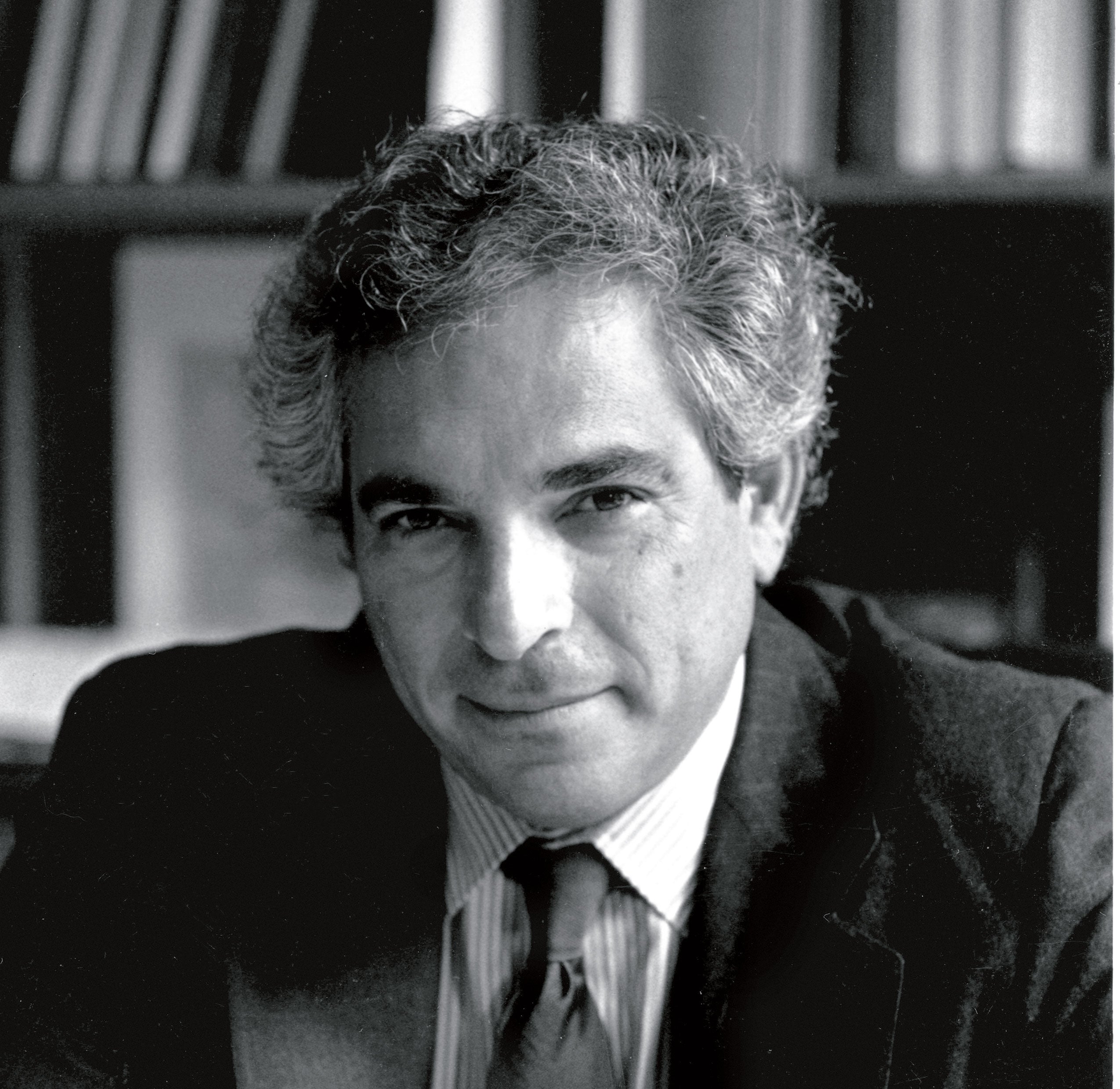Post Date: September 30, 2005
On September 30, 2005, approximately 130 leaders of the financial systems of the United States and Japan will convene in Gotemba, Japan for discussions over three days on issues affecting the future of the global financial system. The occasion is the eighth annual “Symposium on Building the Financial System of the 21st Century: An Agenda for Japan and the United States,” sponsored by the Harvard Law School Program on International Financial Systems, in cooperation with the International House of Japan.
“The Symposium is now widely considered to be the premier annual forum on financial issues between Japan and the U.S.,” said Professor Hal S. Scott, Nomura Professor and director of the Program on International Financial Systems.
This year’s Symposium will focus on several main topics: capitalism in Japan and the U.S., the role of corporations, regulation of complex financial institutions and potential reforms of Fannie Mae, Japan’s postal savings and Japan’s insurance system.
“By bringing together leading financial experts of both countries, the Symposium makes a significant contribution to promoting the stability and sound development of the global financial system,” said Tasuku Takagaki, chairman of the International House of Japan.
Keynote speakers include Hiroshi Watanabe, vice minister of international affairs for the Ministry of Finance; Taizo Nishimuro, chairman of the board of the Tokyo Stock Exchange; Masamoto Yashiro, chairman of Shinsei Bank; and Wilbur Ross, CEO and chairman of WL Ross & Co.
The law school’s Program on International Financial Systems was established in 1986 to conduct research linking law, economics and finance. The program publishes books, organizes symposia and provides advice to emerging market economies.
